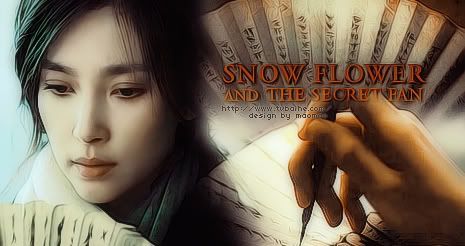|
|
楼主 |
发表于 2004-8-7 21:37
|
显示全部楼层
Interview
review by Lee Yeong-Su
April 15, 2000
Read: 736
On the positive side, Interview is a very well-made movie in its advanced technology and its beautifully-composed screen.
The director seems to have a good command of cinematic language and knows how to color the subject matter without awkwardness.
Interview is full of novelty with which film critics can play for a while: its plot structure at first appears simple and linear, but all of a sudden it rushes into new situations through a flashback, Young-hee's ironic words, a mix of documentary and fiction, real and fictional characters, and a philosophical approach to the cinematic object. Though not original, all of these things do stimulate our curiosity.
However, in contrast with formal experiments, the emotional development of the couple, Lee Jeong-Jae and Shim Eun-Ha is, does not show enough. Both of them are too cool on screen. Consequently, the emotional reactions between the two, which should be the central axis of the plot, do not exist. Lee Jeong-Jae looks imperturbable and Shim Eun-Ha is her usual beautiful self. What we can see on their faces is nothing but narcissism, especially in the recurring bathing scene.
As a result, the structure of the movie as an organic whole breaks into pieces, leaving behind the couple's narcissistic images, because the formal experiments cannot be understood without content. The way I see it, Interview is a movie searching for the emotional truth of a couple in love, so it should concentrate on expressing their emotion. The factors causing their inner conflicts and development are excluded, which deprives them of reality and flattens the story into a mere tearjerker. For example, take the scene in which Shim Eun-Ha shows Lee Jeong-Jae her dead friend's grave. Here, Shim Eun-Ha deliberately hides the truth and appeals to Lee's love tearfully.
The most conspicuous characteristic of this movie is the combination of documentary and fiction, yet the two are not well harmonized. First of all, the documentary part is not very interesting. What is worse, the truth that the documentary tries to convey is polluted by the fabrication. For example, look at the stories of Park Yong and Park Jeong-Ha. Here I cannot tell truth from fiction. Rather, if it were wholly a documentary it would be much more moving. But the fictional elements turn the film into an exploded balloon. After all, the documentary element is supposed to be an adjunct to the film’s story.
To me, what is important is the balance of reason and emotion. Interview is partial toward reason. What is even worse, this reason does not remain wholesome caused by the imbalance of the two. |
|



 匿名
发表于 2004-8-15 23:51
匿名
发表于 2004-8-15 23:51